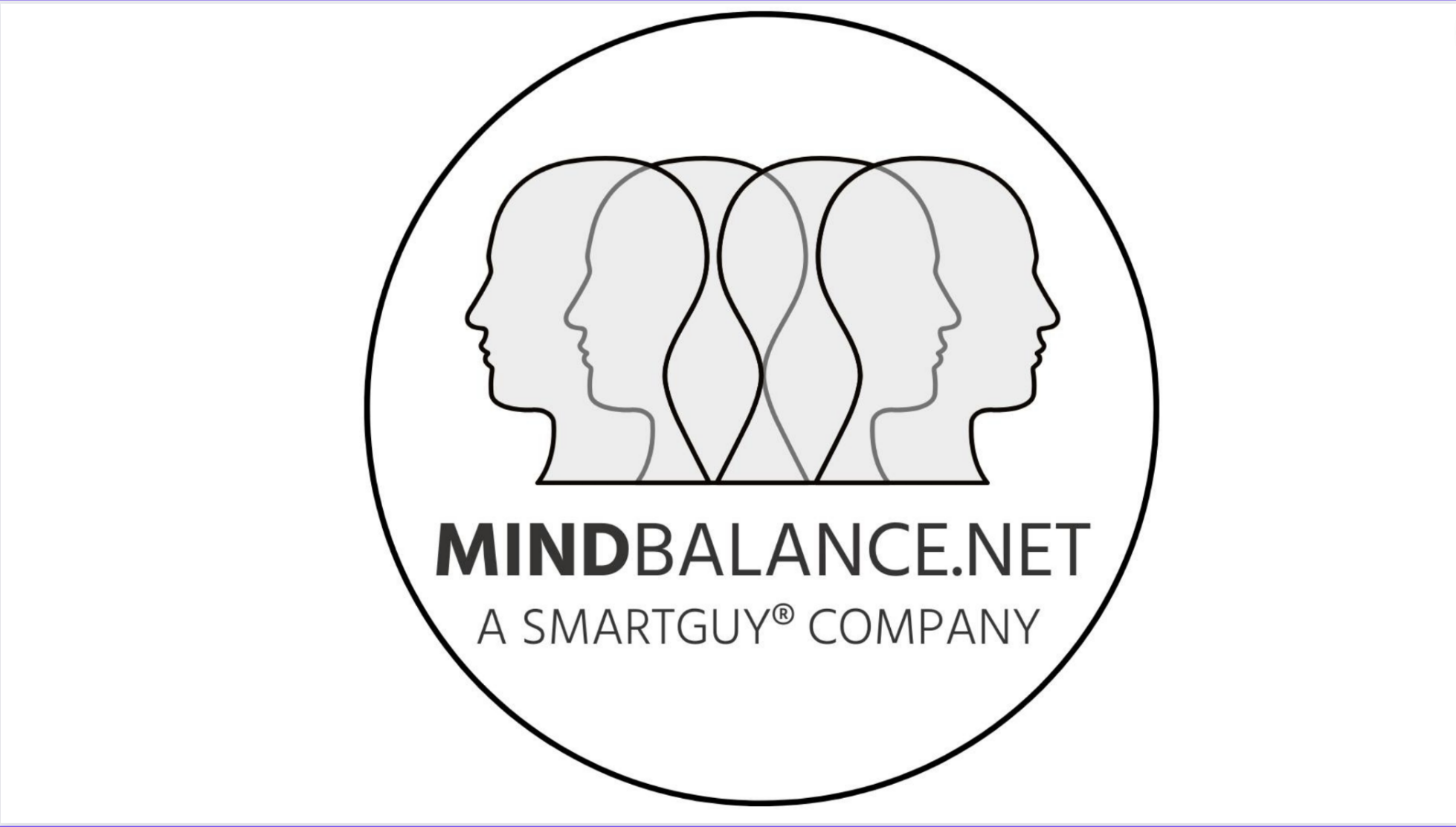Understanding Judaism - A Comprehensive Overview of Beliefs Practices and Cultural Impact
Judaism, one of the oldest monotheistic religions, originated around 4,000 years ago in the Middle East. It is rooted in the covenant between God and Abraham, and later, Moses, making it the spiritual and ancestral homeland of the Jewish people. Judaism is not just a set of beliefs but a way of life, encompassing a rich tapestry of religious and cultural practices.
At the core of Jewish belief is the concept of a single, omniscient, omnipotent, and benevolent God. The Torah, which includes the first five books of the Hebrew Bible, is central to Jewish life and law. Alongside it, the Talmud elaborates on the Torah and guides Jews in interpreting its teachings.
Jewish rituals and practices include the observance of the Sabbath (Shabbat), dietary laws (Kashrut), and life-cycle events like Bar and Bat Mitzvahs. Prayer is a crucial part of Jewish life, with three daily prayer services and additional services for the Sabbath and Jewish holidays.
Ethical conduct in Judaism is deeply intertwined with religious observance, emphasizing justice, kindness, and the pursuit of peace. Symbols such as the Star of David, the Menorah, and the mezuzah are deeply significant in Jewish tradition.
Jewish worship services take place in synagogues and are led by a Rabbi. Traditional Jewish prayer is communal and involves recitation, singing, and, in many communities, the reading of the Torah.
Major Jewish festivals include Passover (Pesach), celebrating the Exodus from Egypt; the Feast of Weeks (Shavuot), celebrating the giving of the Torah; and the Day of Atonement (Yom Kippur), a day of fasting and repentance. These and other festivals mark the cycle of the Jewish year.
Dietary laws, such as the prohibition of pork and shellfish and the separation of milk and meat, are strictly observed by orthodox Jews. These laws symbolize adherence to God's commandments and Jewish identity.
Judaism's view of the afterlife is less defined than in some religions, focusing more on life and actions in the present world. However, beliefs about resurrection and the world to come are part of traditional Jewish teachings.
Jewish communities are tightly-knit, with a strong emphasis on family and communal responsibility. The religion has significantly influenced Western art and culture, particularly through its foundational role in Christianity and Islam.
Gender roles and family life in Judaism are traditionally based on religious laws and practices, though modern movements within Judaism have various approaches to these aspects.
Conversion to Judaism is a significant process, requiring a deep commitment to Jewish life and law. Judaism traditionally does not actively seek converts but welcomes those who sincerely choose to join the Jewish people.
In terms of interfaith relations, Judaism has a history of both conflict and coexistence with other religions. Modern Judaism generally advocates for respect and dialogue between different faiths.
Judaism has seen various reform and modern movements, particularly in the last two centuries, adapting to contemporary challenges while maintaining a connection to its ancient roots.
Globally, Judaism's influence extends far beyond its relatively small number of adherents, contributing significantly to moral, ethical, and philosophical thought in the broader world.
Category: Mind Balance
Related Articles
- How to become more visionary
- Mind Balance Free Education Platform
- how to balance your mind and achieve greater happiness
- Unlocking Potential - The Power of Personality Assessment in Overcoming Obstacles
- Building a Positive Attitude - Strategies for a Happier and More Fulfilling Life
- Why is Mind Balance so important
- How Mind Balance Empowers You Against Misinformation
- How Mind Balance Can Improve the Mindsets of Employees
- Harnessing Personality Assessment for Enhanced Well-being and Fulfillment
- Overcoming Prejudice and Intolerance - Guidance from Global Faiths
- Interfaith Insights by 1WorldPeace - The Top 100 Universal Beliefs in Global Spirituality
- Ways to Remove Stress from Trauma in the Nervous system
- The SmartGuy plan to Fostering Unity in a Multi-faith Society
- Understanding Buddhism - Insights into Its Teachings Meditation and Cultural Impact
- Promoting Complete Mental Well-Being - Addressing Genetics and Medical Conditions
- Exploring Therapeutic Interventions for Optimal Mental Well-Being
- Embracing Faith and Self - A Christian Guide to Personal Strengths and Weaknesses
- Mind Matters- The Chiropractic Approach to Personal Growth
- Universal Pursuit of Happiness - Wisdom from World Religions
- How to become a quick learner
Business News
Popular Posts
- Universal Pursuit of Happiness - Wisdom from World Religions
- Overcoming Ego and Self-Centeredness - Lessons from World Religions
- Transcending Materialism - Spiritual Practices from World Religions
- Overcoming Prejudice and Intolerance - Guidance from Global Faiths
- How Mind Balance Can Improve the Mindsets of Employees
- Interfaith Insights by 1WorldPeace - The Top 100 Universal Beliefs in Global Spirituality
- Bridging Beliefs - Finding Common Ground in Love and Respect
- The SmartGuy Vision - A United Future Through Interfaith Love and Respect
- A Cautionary Vision - The Grim Future of a Divided World Without Love and Balance
- A Tapestry of Faiths - Exploring the Common Threads in World Religions
- Fostering Harmony Among Christianity Islam Buddhism Hinduism and Judaism
- Preparing Kids for Adulthood - 15 Vital Skills They Wont Learn in School
- Navigating Diversity - Jerusalem's Tactical Approach to Interfaith Harmony
- Clearing Mental Plaque: The Path to Enhanced Communication and Divine Connection
- Why Return to Jesus Christ and the Church
- Top 50 Ways to Live Longer
- Adventurous Romance -The Key to Enhancing Relationship Chemistry
- Pork Tenderloin with Mustard Cream Sauce
- Navigating Technology and Media for Optimal Mental Well-Being
- Understanding the Link Between Mental Health and Substance Abuse
